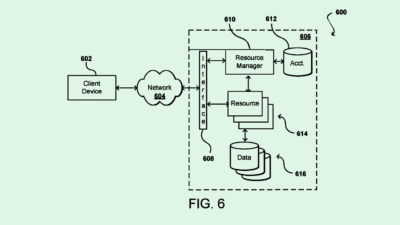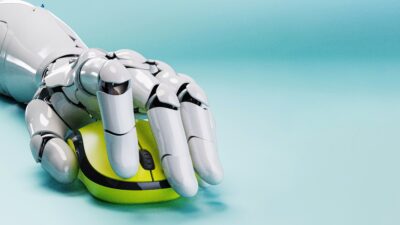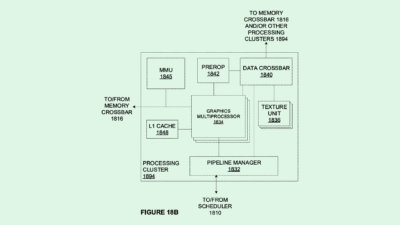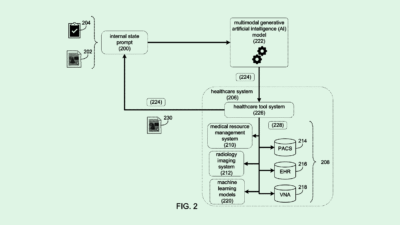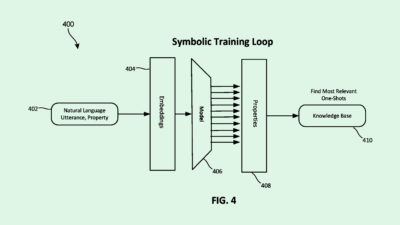How Next-Gen Cybersecurity Workers Are Adapting to the Age of AI
The fundamentals of cybersecurity remain the same, but the skills that employers demand along with them are constantly evolving.

Sign up to get cutting-edge insights and deep dives into innovation and technology trends impacting CIOs and IT leaders.
Cybersecurity is evolving by the day. What does that mean for how it’s taught and what the next generation of students is bringing into the workforce?
When Chris Simpson, the director of National University’s Center for Cybersecurity, began teaching 15 years ago, it would take students days to set up labs; now they can simply click a link and be ready to go.
Over time, “the shift toward workforce readiness has been the most significant change” in the classroom, Simpson said. “Universities have moved beyond purely theoretical frameworks to embrace practical, hands-on learning.”
And that click-a-link ease is great for democratizing cybersecurity education: It means there’s lower technical overhead, and universities have one less massive bill to contend with.
But even as the field itself and levels of access change, Simpson said, the fundamentals still matter.
Building on the CIA Triad
“Confidentiality, integrity and availability (the CIA triad), along with a solid understanding of the network stack, remain the bedrock of everything we do,” he said.
The skills that employers demand from workers in addition to the basics, however, are constantly increasing as cyber threats not only grow but also become more complex.
“In the past, companies mainly looked for IT professionals with strong technical skills like network security and coding,” Simpson said. “Now, there is a much greater demand for a wider range of skills, including cloud security, threat intelligence, risk management and even soft skills like communication and teamwork.”
With companies leaning into artificial intelligence, education is emphasizing AI use as a skill, ensuring that new workers are using the tech to augment their abilities rather than relying on it. Critical thinking and problem-solving are vital; running prompts alone won’t suffice.
“Organizations need more specialists in areas like cloud computing, incident response, and data privacy,” Simpson said. As a result, colleges are creating more programs to meet future employers’ needs. The goal is to educate workers who “are more flexible, better trained, and ready to adapt to fast-changing threats while using AI responsibly and strategically.”

